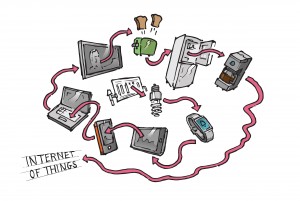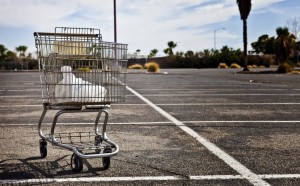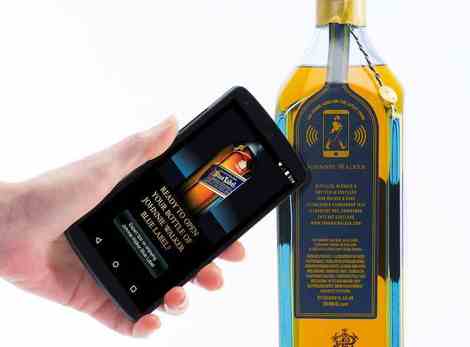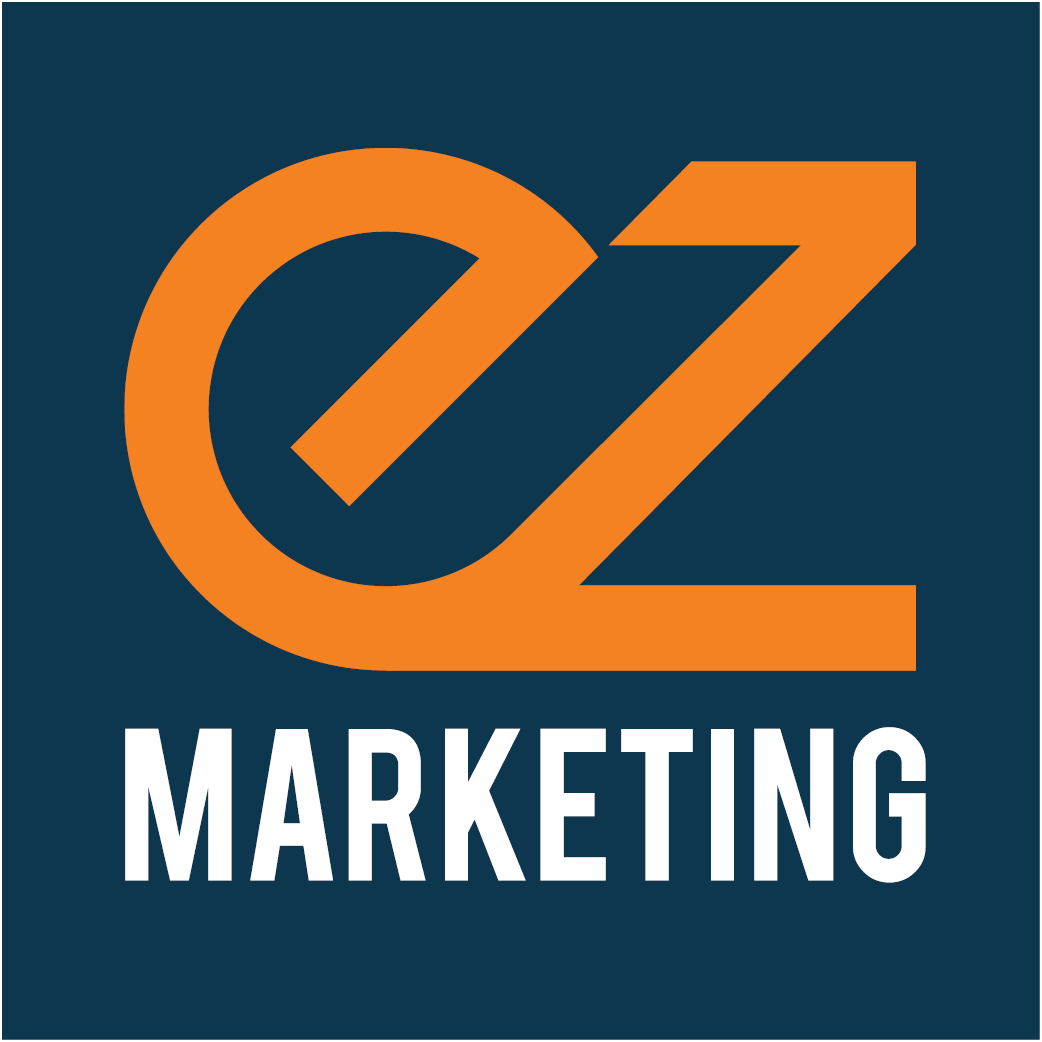Imagine going to your refrigerator and you're out of milk. Your fridge has a
touchscreen connected to the Internet that allows you to not just put it on your shopping list, but order it to be delivered to your front door by a drone in under an hour.
It isn't too far into the future that most of the appliances we use every day will be connected like this online. These devices, interacting together, is described as the Internet of Things (IoT).
So what exactly is the Internet of Things?
This video can help explain some of the possibilities the Internet of Things may bring:
Everything in your house that is electrical could become a part of the IoT, allowing them to communicate with each other and your smart devices. Intel estimates there will be 200 billion devices by 2020 that are connected to the Internet of Things. This is compared to 15 billion devices connected currently in 2015. There may be more than twice the devices connected to the internet than today's smartphones, tablets, personal computers, wearable devices, and connected cars combined.
If you thought that the Internet of Things was completely new, then you are a little behind. Of the many billions of devices that are IoT enabled, you might be surprised to learn of the ones you might already have heard of somewhere. Here is a slideshow of 50 IoT current devices, most of which you probably didn't even know already existed:
How will the Internet of Things affect marketers?
When you have your wearable technology turned on, a smartwatch, for instance, other devices such as billboards will be able to determine your close proximity and change the ad to your preferences. You could walk in a store and be personally greeted with recommendations to your recent buying history.
With the use of big data, your browsing history, past purchases, and your interests listed on your social profiles like Facebook, marketers are able to pinpoint the items that you would most likely want to buy.
They have to be able to do this on smaller screens as smartwatches are becoming a bigger part of our connected society. There is only so much screen space to be able to display the messaging and ads, so marketers will have to find a way to promote products and services discreetly and in a small size.
If your fridge knows exactly what you buy, what you eat, and what you waste, and it's connected to IOT, then marketers will be able to tell what foods you are most likely to buy on your next grocery trip. If you go to the store on a certain day every week, you could start to see ads and messages for items from the store on those days.

Or if you are using your GPS or just nearby a store that you frequent, marketers could display ads to you about a special deal or coupon for a product that you normally buy. This not only brings that item to the top of your mind, but also could lead you to buy something you didn't intend to, but since it's on sale you do so anyway.
Businesses will be able to use printed electronics and sensors to turn almost any product into an IoT device. They will then be able to talk with your smartphone so you know when you are low on that product, if you've had too much to drink, or if someone broke into your Johnnie Walker whisky. This also helps companies track their products as they move through the supply chain, and can determine when anything gets opened or damaged along the way.
While some may not like "Big Brother" looking over their shoulder with every product they have, it does have its advantages. You can sync these devices with your smartphone or smartwatch and get notifications on deals, sales, recommendations, and tips or ways to use your product more effectively (like recipes and how-tos).
Apps that are able to use your location could display ads at the top or bottom of their app that use all of this kind of information. They will pop up just at the moment you are most likely wanting to use them, almost as if they read your mind simply because it knows your habits, interests, and purchasing cycle so well.
Benefits of IoT in business
While converting most devices to be able to speak to each other and the Internet may seem costly at first, it will have a huge benefit of saving money for businesses in the long run. Enterprises should know about IoT so that they can start investing time and money now to increase efficiency at work, decrease costs for services and products, and hopefully test any security issues that could arise with IoT devices.
Big data will certainly lead the way into helping businesses and marketers determine the best times and items for you to purchase. They will be able to market to you very specifically and at the time of your purchase cycles. They will know if you researched or looked at a product recently so that they can market them to you the next time that product is on sale or if you are near it physically.

It's pretty much a real-life way of shopping cart abandonment. Online all of this can be done using data and your e-mail to target you with deals after you have abandoned a shopping cart. But imagine picking up products at the store and not buying it only to get a specific deal popping up on your smartwatch the next time you are at that store.
As we move towards the future office, more and more products and devices will start to communicate with each other to increase our productivity and life and work efficiency. The cost on creating products or packaging that can make devices IoT enabled will start to go down, making them more accessible to everyone and to cheaper products.
There's no question of marketers using IoT devices in the future to pinpoint consumers and increase sales and revenues. The only question is to how far into our privacy are we willing to allow them, and do the benefits of doing so outweigh the cons of our entire lives being recorded by big data?
As more devices connect to the Internet, more security questions can arise. The biggest concern about the rise in IoT devices is being able to keep up with security issues so that they don't overwhelm us with issues that far outweigh the benefits of using them. So if businesses can keep the information secure, and marketers can learn to use the data to their advantage, the IoT could become a huge success for everyone in the very near future.


